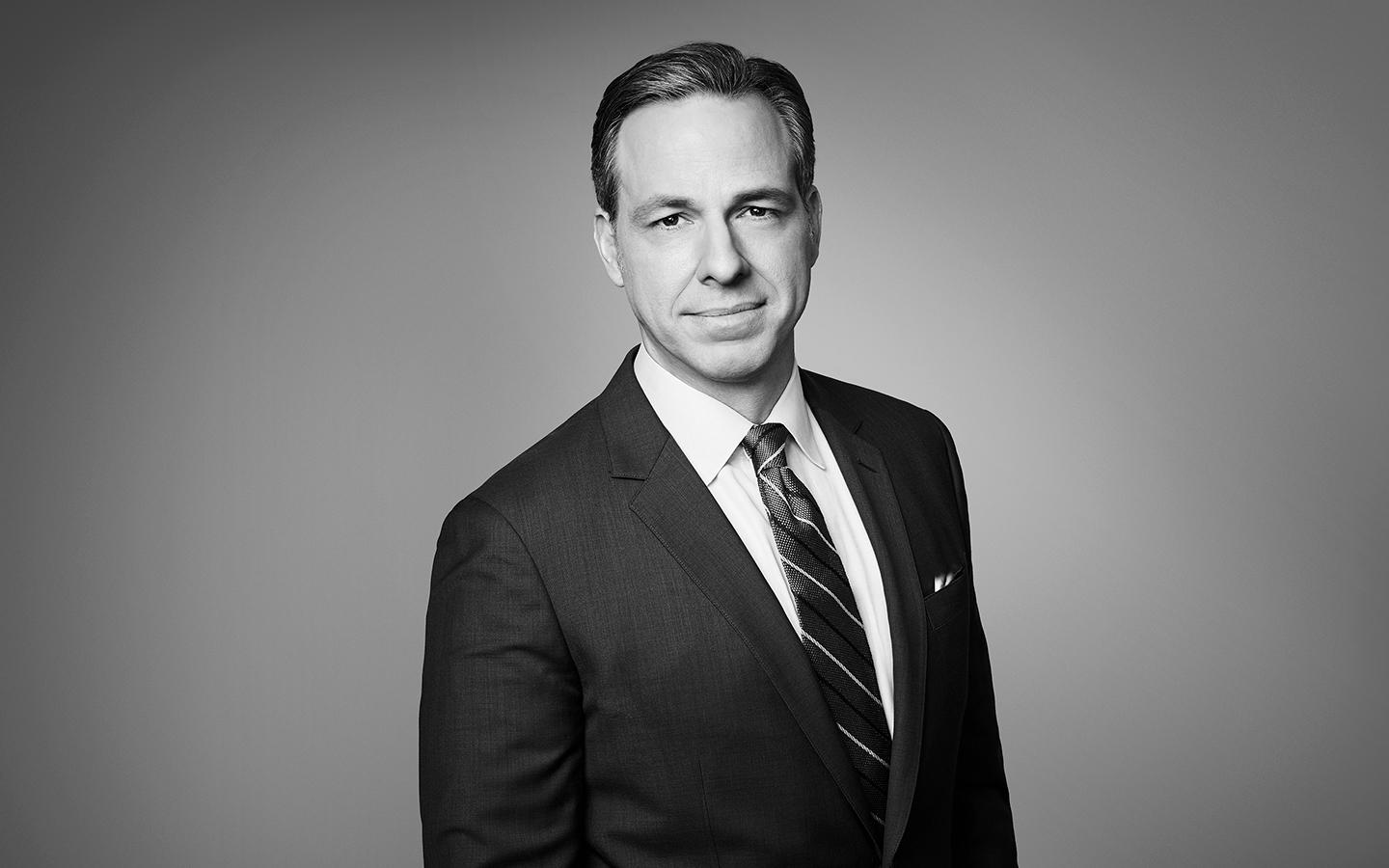The Tapper Perspective
In this exclusive interview, CNN's chief Washington correspondent shares his insights into leadership, the First Amendment, and The Call to Lead

This is the first in a series of articles featuring leaders in the Dartmouth community reflecting on The Call to Lead, Dartmouth's role in developing leaders, and their own experiences.
Jake Tapper ’91 H’17 is CNN’s chief Washington correspondent, anchor of “The Lead with Jake Tapper,” and author of four books, most recently, the bestselling political thriller, The Hellfire Club. In this exclusive interview, he reflects on leadership, writing a comic strip for The Dartmouth, and why he supports The Call to Lead campaign.
Talk about leadership and how you define it.
Well, there are many kinds of leadership. One kind that Dartmouth really fosters is letting you blaze your own trail, pursue your own individuality. That quality is often rare in leadership—whether on Wall Street, in Washington, or in Silicon Valley. It ultimately comes down to the comfort you have in being in your own skin and doing something you love, even if you’re the only one doing it. Allowing people to chart their own paths is one of many things I’ve come to appreciate about Dartmouth.
Allowing people to chart their own paths is one of many things I’ve come to appreciate about Dartmouth.
What path did you chart for yourself?
The thing that had the most impact on me was having a comic strip in The Dartmouth, where I was very outspoken about issues of the day, especially ones relating to the college experience. I pursued parody, satire, cheap shots, and the rest, and that meant I was sometimes making fun of college administrators, the football team, the dining hall, the fraternity system, sorority women, protestors—basically, wherever I found a target. By the end, I was drawing five strips a week, so I needed every target I could get.
And what did you learn?
Drawing the strip allowed me to experience what it’s like to be critical of everyone, to not necessarily play for a team—and to also know what it’s like to be criticized by others. What was great about Dartmouth was, there was never any question about my right to free speech. It didn’t matter if I was making fun of the college president or the deans or whomever: my free speech was never questioned. I look back now—especially given the free speech debates that have erupted on college campuses over the past decade—and I see that that was really rare and something, to this day, I value a great deal.
What was great about Dartmouth was, there was never any question about my right to free speech.
Does anything from that experience carry over into your work as a TV journalist today?
Obviously, I’m not a cartoonist anymore, but, yeah, the idea of doing aggressive journalism no matter whom I’m covering, making it clear that I’m not on anybody’s team, going where the facts lead me—Dartmouth provided incredible training for that. Also, while I had the free-speech right to make fun of anybody, they had the free-speech right to write a letter to the editor and skewer me back. So, that First Amendment laboratory was invaluable to me.
Was being criticized liberating for you in any way?
No, it still stings. [Laughs.] I mean, you do a report or commentary, lead a panel discussion, or conduct an interview, you always want everybody to think you’re the greatest and everything you do is perfect. Of course, it never works out that way. But that’s why Dartmouth was such a great place for me, letting me do what I did and start the process of learning to be a player in the world of journalism and the First Amendment.
In your current work, you encounter leaders in different fields all the time. What qualities about them stand out to you?
In my experience, every leader is somehow flawed, and there’s no perfect model. But I also think that feedback is always helpful, and the best leaders are those who listen to people around them, especially when the leader is overreaching or being a jerk. It’s incredibly important not to remove from your circle people who are willing to tell you hard truths. In Washington, DC, the best leaders I’ve seen are the ones who listen to feedback, acknowledge mistakes, and then keep their own counsel when it comes to their final decision on an issue.
Turning back to Dartmouth, what do the words The Call to Lead mean to you?
The Call to Lead is a rallying cry for the entire Dartmouth community to come together on behalf of an institution we all love. I admire Phil Hanlon. I think he’s a great president who’s moving the college forward in the right direction. The Dartmouth experience was invaluable to me. Personally, I want to make sure that as many future leaders as possible, regardless of means, have the same access to it that I had. The Call to Lead is a catalyst for that.
The Call to Lead is a rallying cry for the entire Dartmouth community to come together on behalf of an institution we all love.